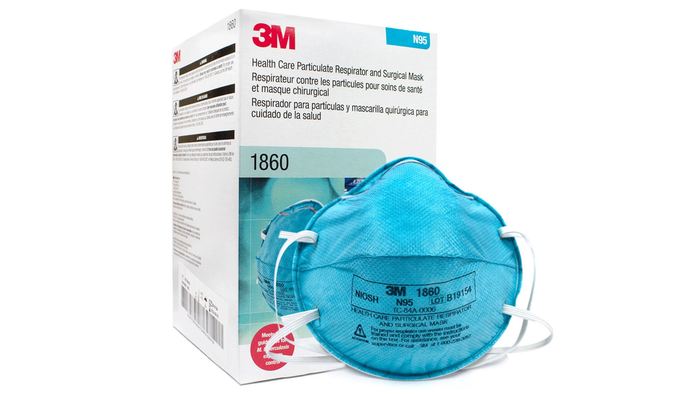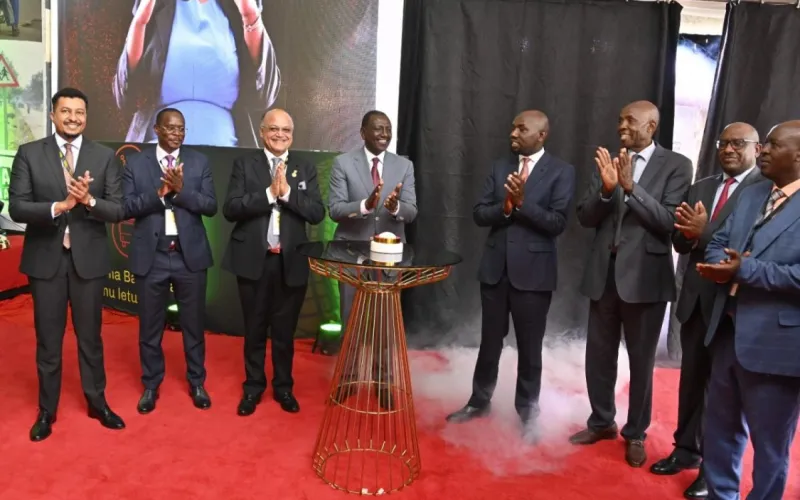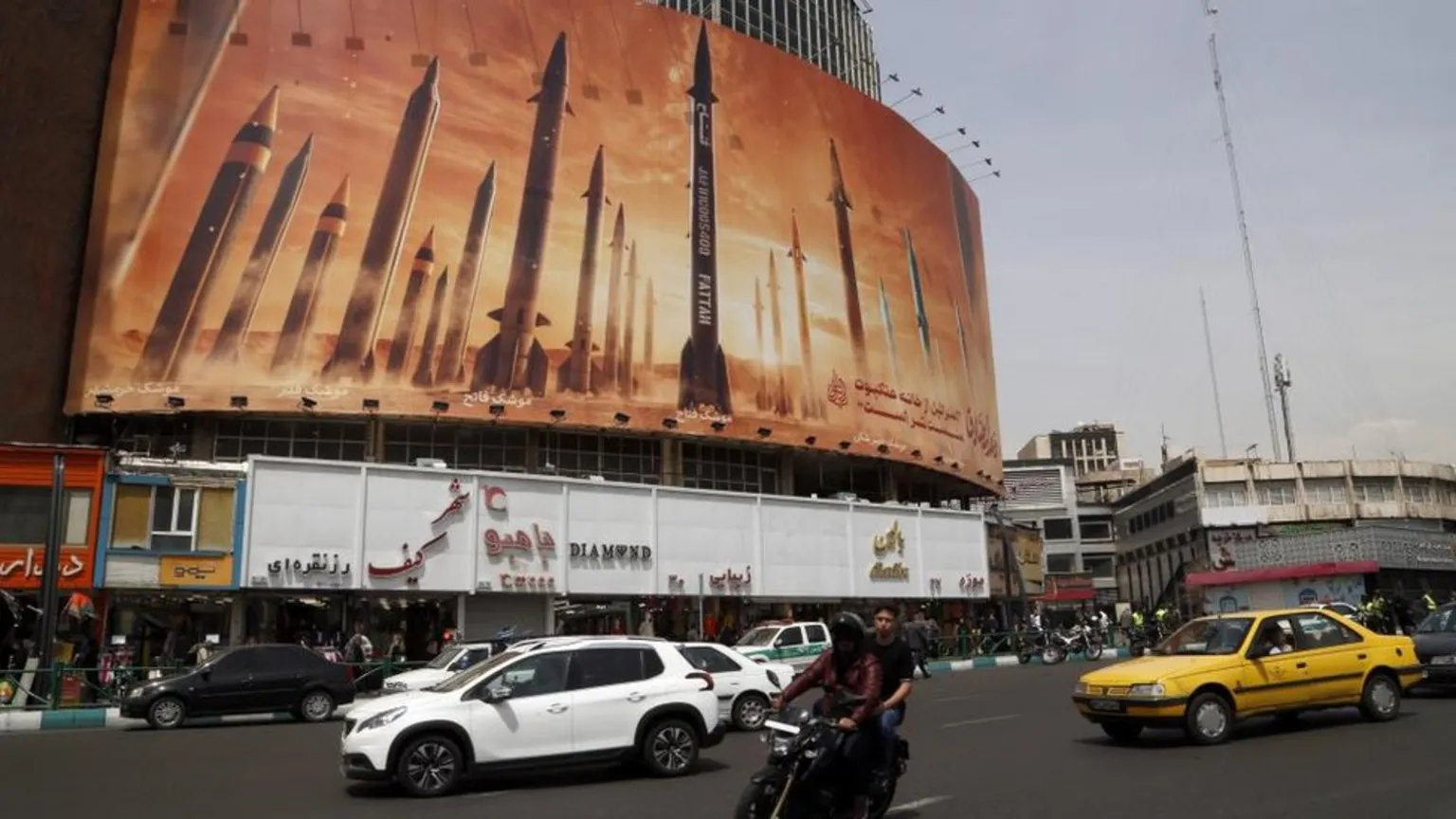CNN News Published: April 18,2024 5:33 PM(EAT) Israel, aided by its allies, dodged a bullet…

Federal government seizes $3.6 million from company that sold Maine counterfeit masks
The federal government has seized $3.6 million from the bank account of a company involved in an international deal to sell the state $4.5 million in overpriced counterfeit N95 masks last December and January.
The U.S. Attorney for the District of Maine has now filed a federal civil lawsuit seeking to force the company, Med-Tech Resource LLC of Eugene, Oregon, to forfeit the money and reimburse the state for 1.8 million fake 3M respirators purchased by the Division of Procurement Services.
The complaint alleges that the $3.6 million must be forfeited because it was derived from unlawful activity, specifically wire fraud and trafficking in counterfeit goods, according to the claim filed Friday in U.S. District Court in Portland.
Meanwhile, the former CEO of Med-Tech, who is now its sales manager, said Monday that the company has already agreed to refund the $3.6 million to Maine and will cover the remaining $1.2 million.
“We’ll do everything in our power to make everyone whole,” said Michael Modrich, listed in the complaint and on the company’s website as founder and CEO of the now 30-year-old medical supply company.
Modrich was convicted of wire fraud in May 2019 and sentenced to 1 1/2 years in prison, according to the complaint. Modrich said it was an unrelated wire fraud case that he attributed to reporting errors in international trade from 2008 through 2013.
Modrich said he gave up his shares in the company in 2013; the December annual report for Med-Tech lists company members as Kendyl Modrich, Ramona Modrich and Andrew Rogers, the complaint states.
Donald Clark, acting U.S. attorney for Maine, declined to comment on the case Monday, including whether criminal charges will be brought against individuals involved in the sale of the counterfeit masks.
The administration of Gov. Janet Mills welcomed the federal action but also declined to answer questions, though a prepared statement shows officials are still trying getting a full refund.
“The Division of Procurement Services, Maine’s Office of the Attorney General, and multiple affected jurisdictions across the country continue to work closely with our federal counterparts to secure the (remaining $1.2 million),” said Kelsey Goldsmith, spokeswoman for the Department of Administrative & Financial Services.
The federal lawsuit indicates there were early signs of trouble in talks between the buyers and sellers.
The state’s procurement division purchased 1.8 million masks via four “automated clearing house” transfers totaling $4.8 million from the state’s bank, U.S. Bank in Columbus, Ohio, to the credit union account of Elevated Marketing Solutions LLC in Raleigh, North Carolina. Those transfers were made on Dec. 9, Jan. 20 and 27 and Feb. 1, according to the complaint.
Homeland Security investigators later learned that on the date of each transfer, Elevated Marketing wired nearly the same amount – a total of $4.5 million – to Med-Tech’s account with Columbia Bank in the state of Washington. The state paid about $2.67 per mask, when 3M’s suggested retail price was $1.27, the complaint states.
Between Dec. 23 and Feb. 5, Maine received 1.8 million masks shipped from Zhen Qi Trade Co. Ltd. – a Hong Kong firm that was selling masks ostensibly made by 3M in Canada or the United States, Modrich said.
“Remember, there was a pandemic going on and you couldn’t get masks in the U.S. for any reasonable price,” Modrich said.
Maine officials learned in early December that Med-Tech was part of an international supply chain providing the masks, according to the complaint.
Modrich and Neal Westphalen, who are identified as Med-Tech’s owners in the complaint, told a Maine official that the state would issue purchase orders to Elevated Marketing, which in turn would issue purchase orders to Med-Tech.
The Oregon company would then issue purchase orders to Zhen Qi in Hong Kong, “who caused the masks to be shipped to the state of Maine,” the complaint states. A company in Colombia also was involved in the deal, Modrich said.
In early February, the National Recall Alert Center notified Maine that the state had purchased masks with model and lot numbers that indicated they might be counterfeit. They were missing certain markings or approval numbers, had missing or misspelled markings by the National Institute for Occupational Safety and Health; claimed to be approved for use by children; or had ear loops instead of headbands. 3M later confirmed they were counterfeit.
On Feb. 12, the state procurement division announced that Maine had purchased fake respirators, including 161,000 masks that had been distributed to school nurses, health care facilities and state workers, who were alerted not to use them. The rest of the respirators were still in state warehouses.
The vendors who sold the masks to Maine “represented to the state that the items were NIOSH-approved, authentic 3M brand N95 respirators,” the procurement division said in a statement at the time. “Prior to ordering, the state was provided samples from the vendors, which were inspected for quality through fit testing. These samples passed the quality review.”
The federal government seized the $3.6 million on March 23 with a warrant issued by a federal magistrate. It then received a cashier’s check in Portland, where it was deposited into a “treasury suspense account” pending a decision on the forfeiture complaint.
Homeland Security agents in Houston are investigating similar allegations involving Med-Tech that resulted in the seizure of more than $1.6 million from the company’s bank account, the complaint states.
SOURCE: Portland Press Herald



